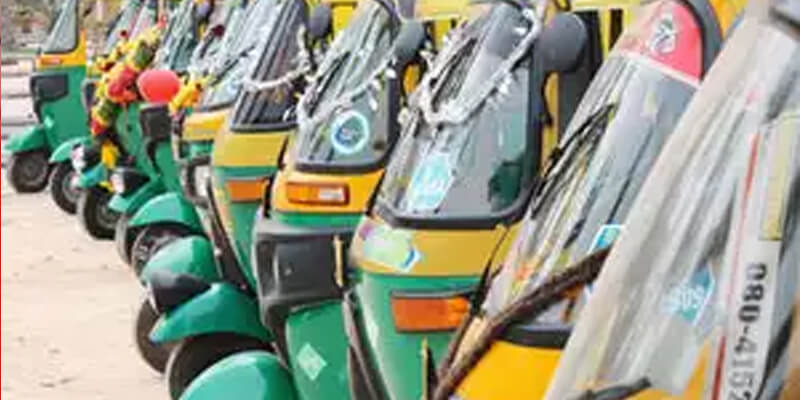CHENNAI: Gyan Data, a Chennai-based start-up, has developed a meter for autorickshaws that comes with tracking and data communication capabilities and can be recalibrated without being opened up when fares are revised.
The meter can also be used as a platform for advertising and generate additional income, according to Shankar Narasimhan, a chemical engineering professor for over two decades at the Indian Institute of Technology Madras, who founded the company. With increasing concerns over safety for women, Gyan Data has integrated a GPSbased tracking system and made the meter Internet-enabled.
The meter, about the size of a set-top box, calculates fares based on wheel revolutions and can be tracked using the Global Positioning System, a satellite-based navigation facility, which can be used to verify the distance travelled. Data relayed via the meter can tell the driver which roads of the city are clogged with traffic and which parts of the city are under-served by autos.
Working with Raghunathan Rengaswamy, an IIT-Madras professor, and Venkat Venkatasubramanian, a Columbia University professor specialising in machine learning and artificial intelligence, Narasimhan has tried to make a product that can be regulated in a centralised manner. https://www.veterinary-practice.com/ alprazolam medicine buy online
“Every time there is a fare revision, drivers queue up in large numbers with few technicians who can recalibrate the meters manually. We wanted to make meters that can be centrally recalibrated. Like how fuel stations get petrol prices reset whenever a fuel price hike or cut is announced,” Narasimhan said.
At the core of this project is the Rasberry Pi, a no-frills computing device similar to the one used in smartphones. The company had initially integrated the GPS system with device to make a meter that ascertained distance based on navigational data. State transport officials who reviewed the product wanted the odometer retained. With some revisions to include cables to be connected to the wheels, the meter is now a conventional unit with tracking and data communication facilities.
“There is this usual trick of tampering with the meter cables to show up a higher fare. It won’t work in this meter because the GPS fare has to corroborate,” Narasimhan said. The meter can also print out receipts.
Although the cost of each meter is Rs 10,000, there is an earning opportunity since the device comes with a USB port that enables a screen device to be connected to display advertisements, the makers said. A restaurant chain, for instance, can stream a discount offer to a passenger passing by its outlet.
![]()


